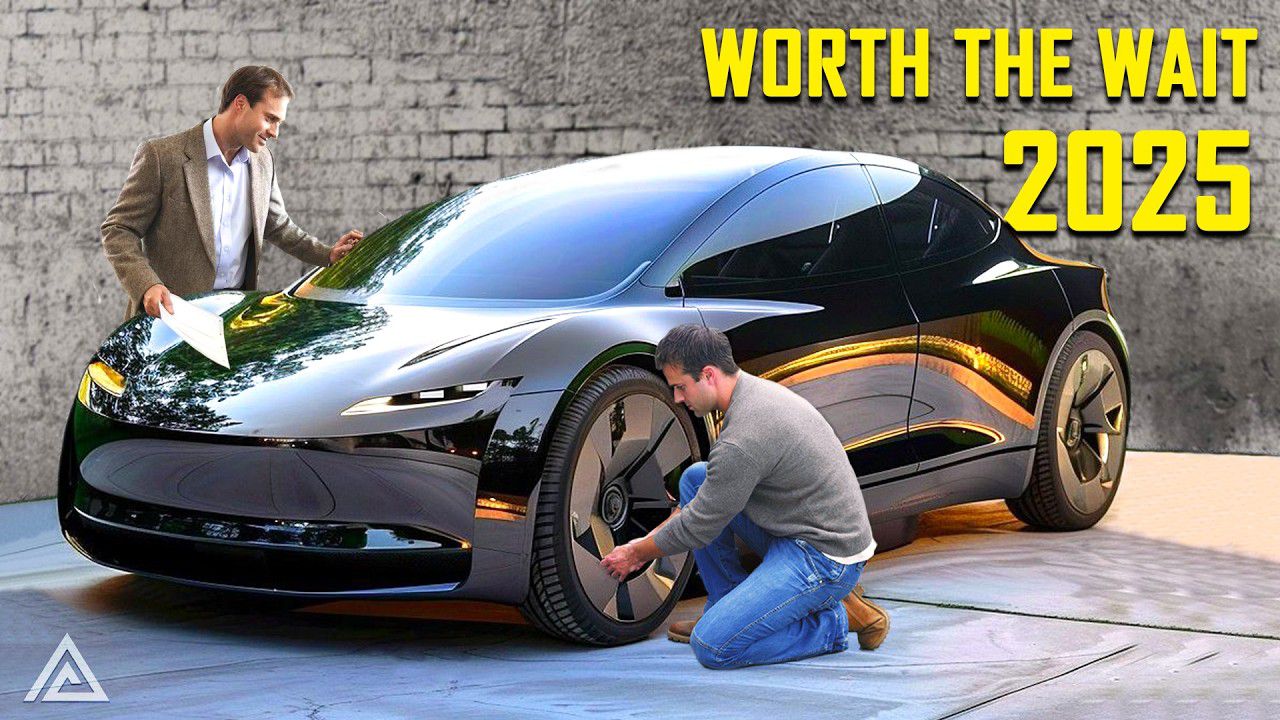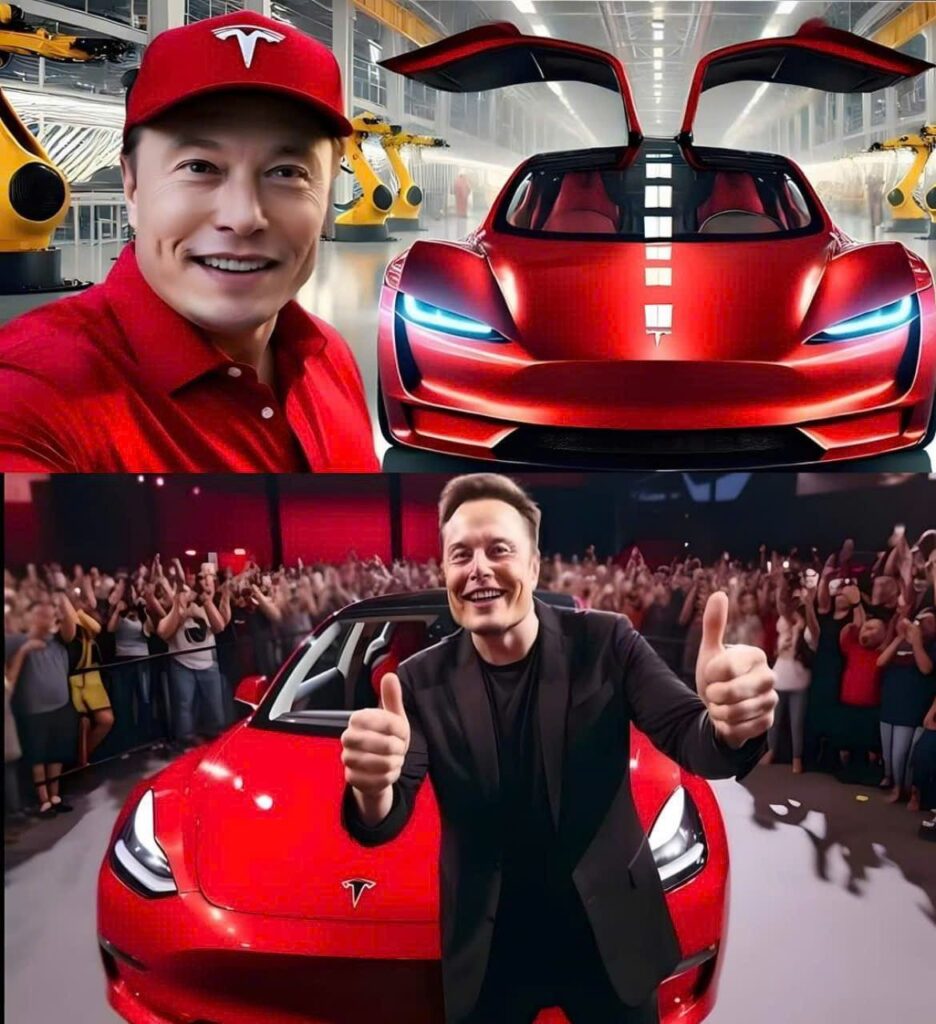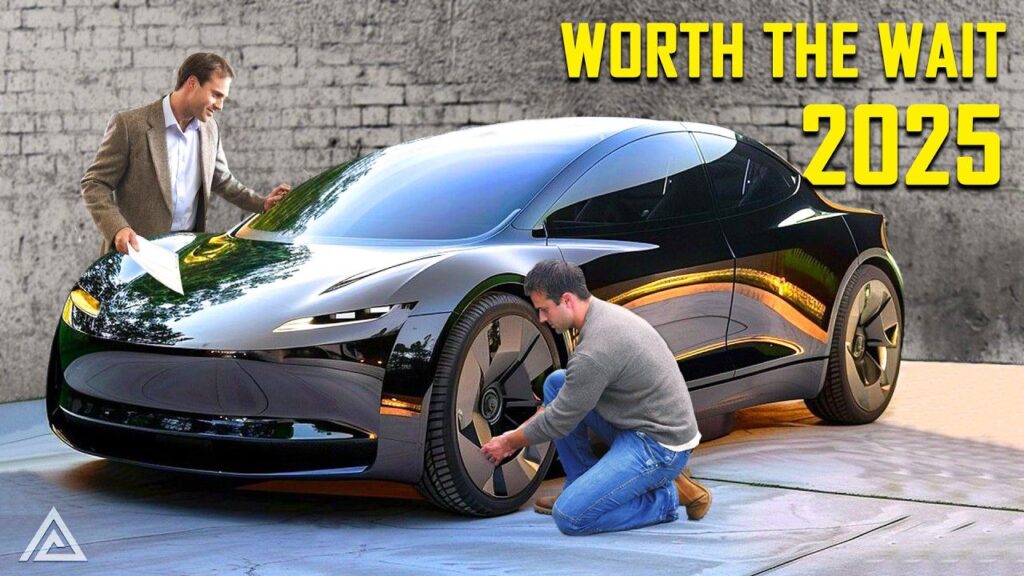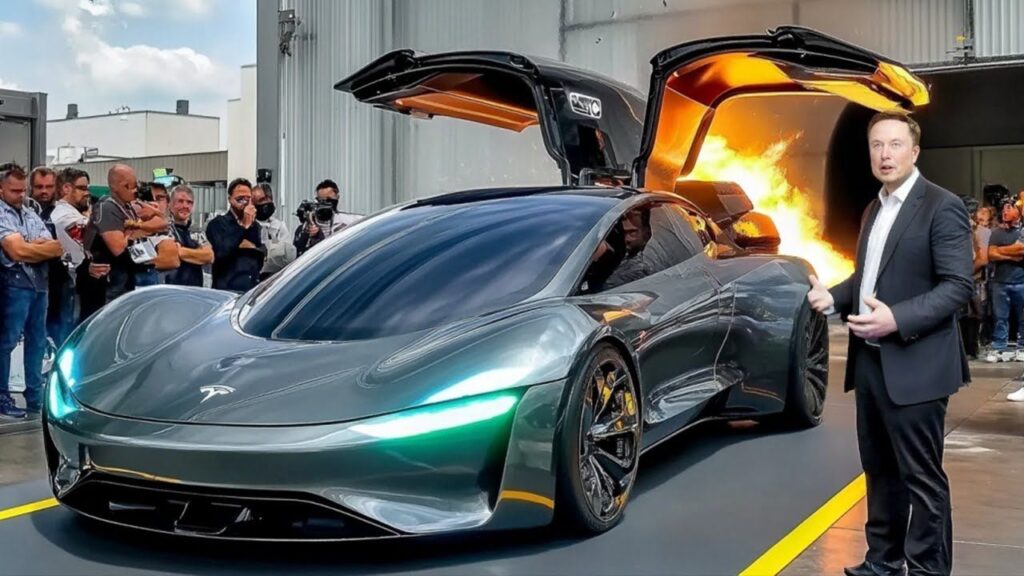
Tesla CEO Elon Musk has officially announced the highly anticipated Tesla Model 2, set to launch in early 2025. Priced at under $20,000, the Model 2 aims to make electric vehicles more accessible to a broader market, furthering Tesla’s mission to accelerate the transition to sustainable energy. This new model could be a game-changer, opening up EV ownership to consumers who may have previously found Tesla’s offerings out of reach.

Tesla Model 2: Making EVs Accessible for Everyone
The Tesla Model 2 is expected to be a compact, efficient vehicle, designed to cater to budget-conscious buyers who want to make the switch to electric transportation. With a price point under $20,000, the Model 2 could become the most affordable electric car on the market, potentially putting Tesla in direct competition with traditional gas-powered vehicles in the same price range.
Musk has previously emphasized that making EVs affordable is crucial for widespread adoption. While Tesla’s existing models—such as the Model S, Model 3, Model X, and Model Y—have been popular, their higher price points have made them less accessible to many potential buyers. The Model 2 is Tesla’s answer to this challenge, designed to bring sustainable transportation to a larger audience.
Key Features and Expectations for the Tesla Model 2
Although specific details about the Tesla Model 2 have not yet been released, here’s what industry experts anticipate:
- Compact and Efficient Design: The Model 2 is likely to be a smaller, more compact vehicle, optimized for urban driving. It will prioritize energy efficiency to maximize range while keeping costs low.
- Advanced Battery Technology: Tesla has been developing advanced battery technologies aimed at reducing production costs. The Model 2 may utilize a more affordable lithium iron phosphate (LFP) battery, known for its longevity and cost-effectiveness, allowing Tesla to offer it at a lower price point without compromising range.
- Basic Autopilot and Safety Features: Like other Tesla models, the Model 2 is expected to include Tesla’s basic Autopilot features, making it one of the few budget-friendly vehicles with semi-autonomous capabilities. Safety features, which are a hallmark of Tesla’s design philosophy, are likely to be incorporated as well, ensuring the Model 2 remains competitive.
- Minimalist Interior and Digital Controls: The Model 2 is anticipated to follow Tesla’s minimalist design approach, with a focus on touchscreen controls and a streamlined interior. Reducing physical controls and utilizing Tesla’s proprietary software will likely help keep manufacturing costs down.
- Potential Production in Key Markets: To reduce costs, Tesla may produce the Model 2 in markets such as China or Mexico, where the company has already established or is planning manufacturing facilities. Producing the Model 2 closer to major consumer markets will help streamline logistics and potentially enable Tesla to keep the price under $20,000.
Impact on the EV Market and Traditional Automakers
The Model 2 has the potential to be a game-changer, not only for Tesla but for the entire automotive industry. By offering an affordable EV under $20,000, Tesla could put significant pressure on both traditional automakers and EV startups to lower prices and make electric vehicles more accessible. This shift could accelerate the broader adoption of EVs, contributing to reduced emissions and a more sustainable future.

Tesla’s move into the affordable EV market could also impact automakers who have historically dominated the entry-level market with gas-powered vehicles. The Model 2 might encourage other manufacturers to expedite their own plans for affordable EVs or risk losing market share to Tesla’s entry-level offering.
The Road Ahead for Tesla Model 2
While there is excitement around the Model 2’s potential, Musk and Tesla will face significant challenges in delivering on this ambitious promise. Achieving a sub-$20,000 price tag will require innovations in battery technology, manufacturing efficiency, and supply chain management. However, with Tesla’s track record of overcoming engineering challenges and Musk’s commitment to making EVs mainstream, the Model 2 may very well meet expectations.

As we look forward to early 2025, the Model 2 promises to be an exciting development in the world of electric vehicles. If successful, it could mark the beginning of a new era in sustainable transportation, making it possible for millions more to experience the benefits of EV ownership.